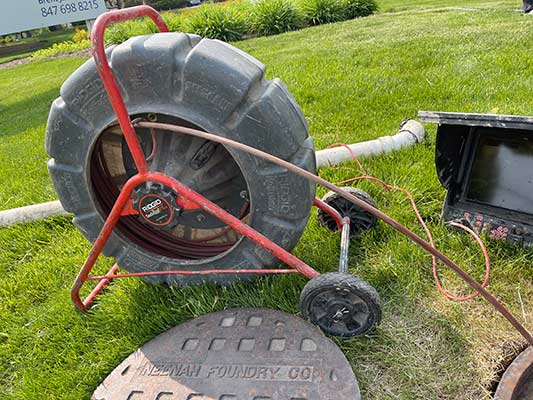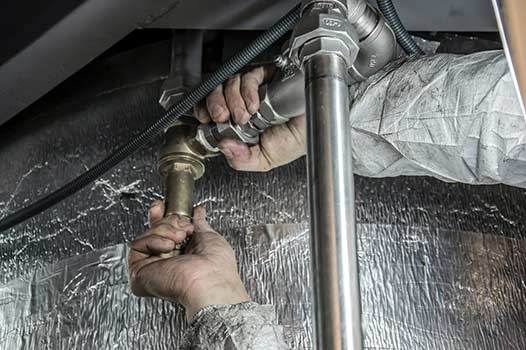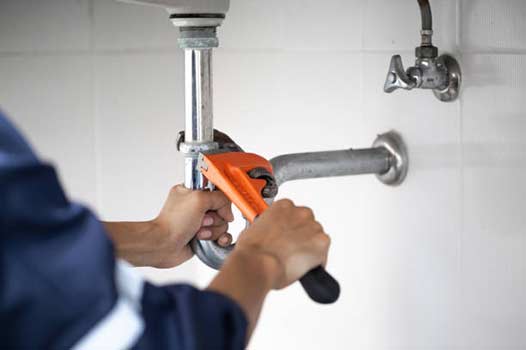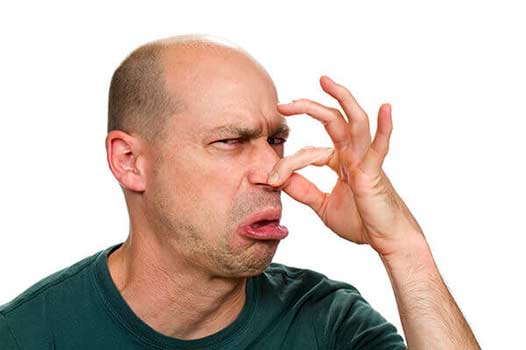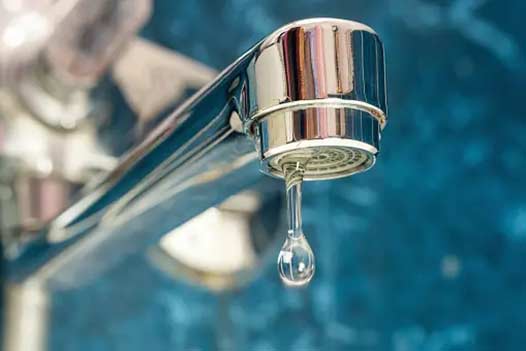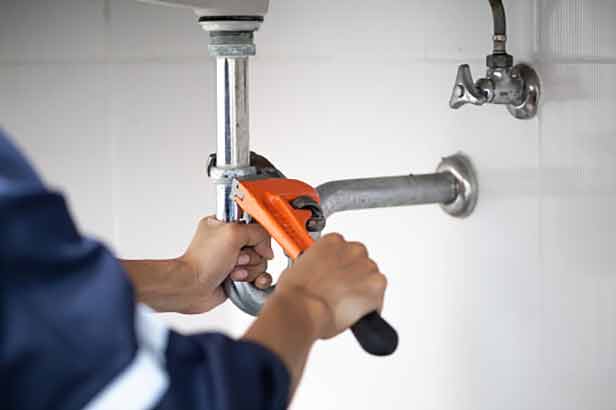Buying a new home is an exciting milestone in anyone’s life. However, if you discover plumbing issues after moving in, it can quickly turn into a stressful situation. Plumbing problems can range from minor leaks to severe pipe damage, and they require immediate attention to avoid further damage and costly repairs. In this article, we will discuss the steps you should take if you have purchased a home with plumbing issues, ensuring that you can navigate this situation efficiently and effectively.
Evaluating the Severity of the Plumbing Issues
Before taking any actions, it is essential to assess the severity of the plumbing issues in your new home. Some problems may be minor and easily fixable, while others may require professional intervention. Start by identifying the visible signs of plumbing problems, such as leaky faucets, low water pressure, or water stains on walls or ceilings. These signs can indicate underlying issues that need immediate attention.
If the problems seem minor, you may choose to handle simple repairs yourself or hire a local plumber for assistance. However, for more complex issues, it is highly recommended to seek the expertise of a professional right away. They will be able to assess the situation accurately and provide a comprehensive solution.
Documenting the Plumbing Issues
When encountering plumbing issues in your new home, it is crucial to document everything thoroughly. Take detailed notes about the problems you have identified, along with photographs or videos if possible. This documentation will be valuable during any discussions or negotiations with the seller or real estate agent.
In addition to documenting the issues, it is beneficial to research the potential causes and estimated costs of repairs. Understanding the extent of the problem and the associated expenses will help you make informed decisions when discussing the issues with the relevant parties.

By notifying the seller or real estate agent promptly, you can initiate the necessary discussions and negotiations to resolve the situation.
Contacting the Seller or Real Estate Agent
Once you have evaluated and documented the plumbing issues, the next step is to contact the seller or the real estate agent. Reach out to them as soon as possible to inform them about the problems you have discovered. It is essential to provide them with the evidence you have gathered, such as photographs or videos, to support your claims.
If the plumbing issues were not disclosed to you during the buying process, this is a critical point to address. In many cases, sellers are legally obligated to disclose any known plumbing issues before selling a property. By notifying the seller or real estate agent promptly, you can initiate the necessary discussions and negotiations to resolve the situation.
Negotiating with the Seller
When discussing the plumbing issues with the seller, it is essential to approach the conversation with a clear objective in mind. Determine what resolution you are seeking, whether it is financial compensation, repairs prior to moving in, or a reduction in the sale price. Having a specific goal will help you navigate the negotiation process and ensure a fair outcome.
Present your evidence and arguments confidently, but maintain a professional and respectful tone throughout the conversation. Stay focused on the facts and potential solutions rather than becoming emotional or confrontational. This approach will increase the likelihood of reaching an agreement that satisfies both parties.
Seeking Legal Advice
In some cases, negotiations with the seller may not lead to a satisfactory resolution. If you believe that the seller purposely concealed or misrepresented the plumbing issues, it may be necessary to seek legal advice. Consulting with a real estate attorney specialized in property related disputes will provide you with the guidance you need to protect your rights and explore potential legal actions.
Before initiating legal action, ensure that you have all the necessary evidence and documentation to support your claims. The attorney will review your case and guide you on the best course of action. Remember, seeking legal assistance should be a last resort, and it is always preferable to reach a mutually agreeable solution through negotiation.
Taking Preventive Measures for Future Plumbing Issues
Whether you have successfully resolved the plumbing issues or are in the process of doing so, it is crucial to take preventive measures to avoid similar problems in the future. Regular maintenance and proactive care can go a long way in preventing plumbing issues before they arise.
Schedule periodic inspections with a licensed plumber to identify any potential problems early on. They can inspect for leaks, assess the condition of pipes, and provide guidance on proper maintenance practices. Additionally, educate yourself and your family members on plumbing best practices, such as avoiding flushing non-flushable items and being mindful of water usage.
To Sum it Up
Buying a home with plumbing issues can be a daunting experience, but by following the steps outlined in this article, you will be better equipped to navigate this situation. Remember to evaluate the severity of the plumbing issues, document everything thoroughly, contact the seller or real estate agent, negotiate a fair resolution, and seek legal advice if necessary. Finally, take preventive measures to ensure the long term integrity of your home’s plumbing system. By taking these steps, you can overcome the initial challenges and enjoy your new home without the burden of plumbing issues.


